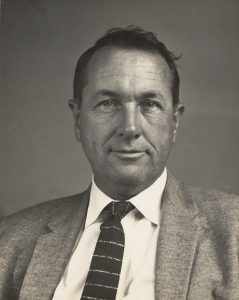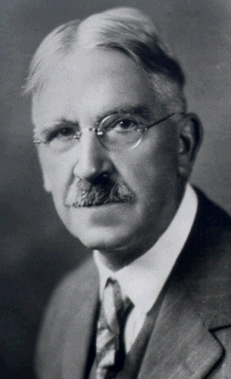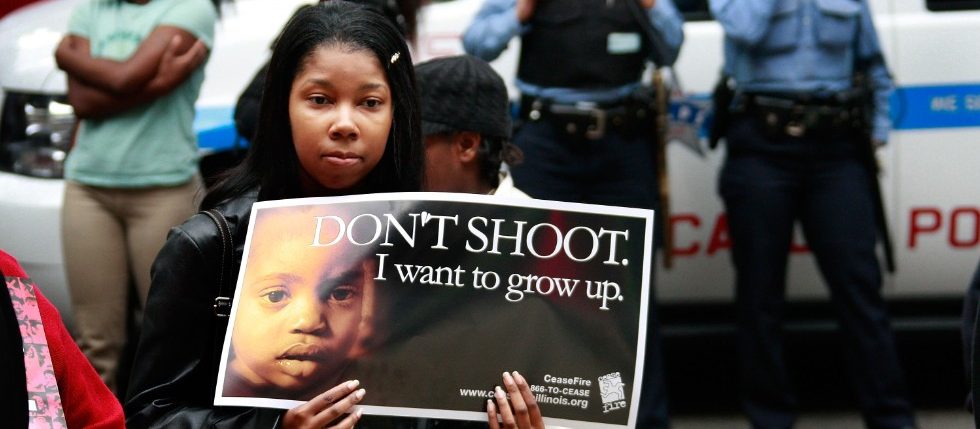Thoughts on Power
Power serves as both potentially the biggest benefit but also the biggest danger of organizing. Although the goal of organizing is to empower vulnerable populations to fight against the challenges they face, if an organizer does not understand their positionality as an outsider entering acommunity, the organizing can actually serve to disenfranchise the very community involved. Structures that perpetuate inequality permeate society. As a response to the unceasing oppression, organizing serves as a fundamental catalyst for resistance in disempowered communities. However, it must be done the right way. Only a devotion to education within the organizing process can lead to empowerment that can be sustained long after the organizer leaves the community.
Danger of Reliance on an Expert
Educator Myles Horton and philosopher John Dewey describe the potential danger of becoming an expert the community relies on, rather than an organizer working with the community to fight structural oppression. Myles Horton (1990) describes this situation in the book We Make the Road by Walking when recounting a previous organizing experience. He describes an instance where it would have been easy to assume the role of an expert and tell his students what to do, however, he explains that “‘If I had to tell you today then I’d have to tell you tomorrow, and when I’m gone you’d have to get somebody else to tell you’” (Horton and Freire, 1990, pp. 125-126). Similarly, Philosopher John Dewey also describes the dangers related to the public’s reliance on experts – who are analogous to organizers – in his 1927 lecture, “The Problem of Method.” Dewey argues that dangerous situations for the public arise both when experts assume that the public is not competent and therefore ignores them and when the public cedes power to experts due to a perceived lack of their own intelligence. In both situations, the public loses their agency, resulting in an unequal distribution of power (Dewey, 2003, pp. 362-365). Both Horton and Dewey describe situations where the status of an expert was valued over the community. However, this goes against the goal of organizing. Communities need more than just the presence of an organizer if they are going to create a sustainable response to oppression.

Myles Horton –– Source: https://www.wisconsinhistory.org/Records/Image/IM50484

John Dewey –– Source: http://dewey.pragmatism.org/
Education as Essential in Organizing
The source of the generation of sustainable power manifests in the form of education. One of the most proven methods of effective community education and empowerment comes from the Freirian pedagogy of liberation education. With liberation education, students analyze lived experiences through dialogue in order to develop a critical consciousness that allows them to identify oppressive structures and institutions within their own lives. Freire believed that a critical consciousness was essential for change, for “people must understand the root causes of their daily life conditions before they can work toward addressing and transforming those root causes” (Martinson and Su, 2012, p. 67). This collective empowerment has proven to be among the most successful methods of enfranchising communities, and one where the long-term benefits are evident as the development that takes place is one that remains with the students for a lifetime.

Paulo Freire –– Source: https://en.wikipedia.org/wiki/Paulo_Freire
Conclusion: Effective Organizing
Organizing can serve as a fundamental catalyst for resistance in disempowered communities. If done correctly, through education and empowerment, organizing serves as an invaluable asset to empowering marginalized communities to combat the oppression that permeates throughout society today.
